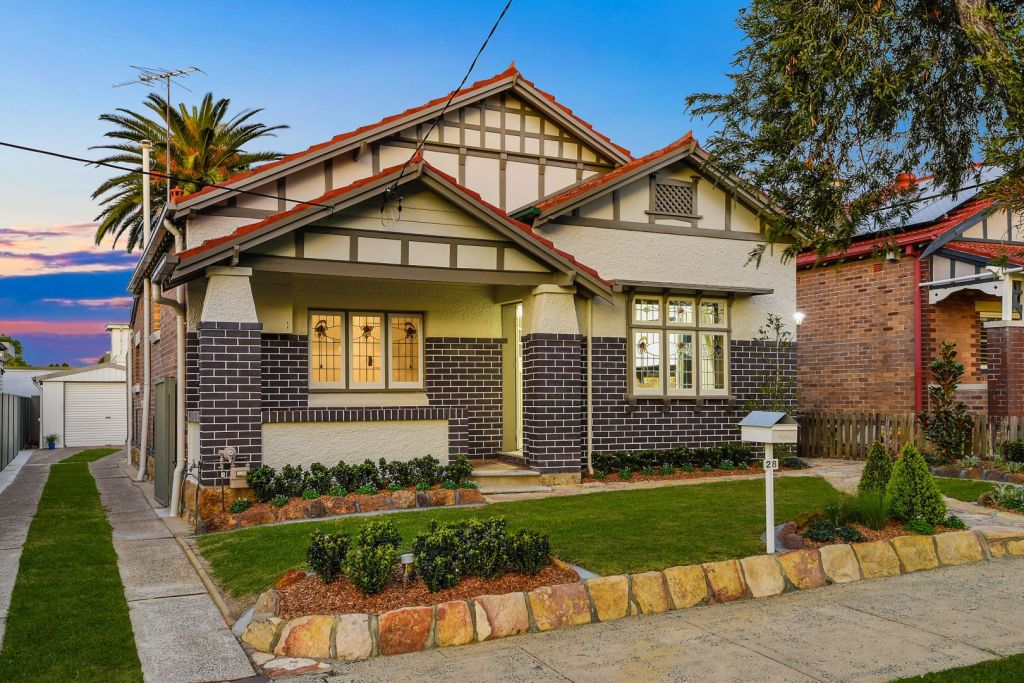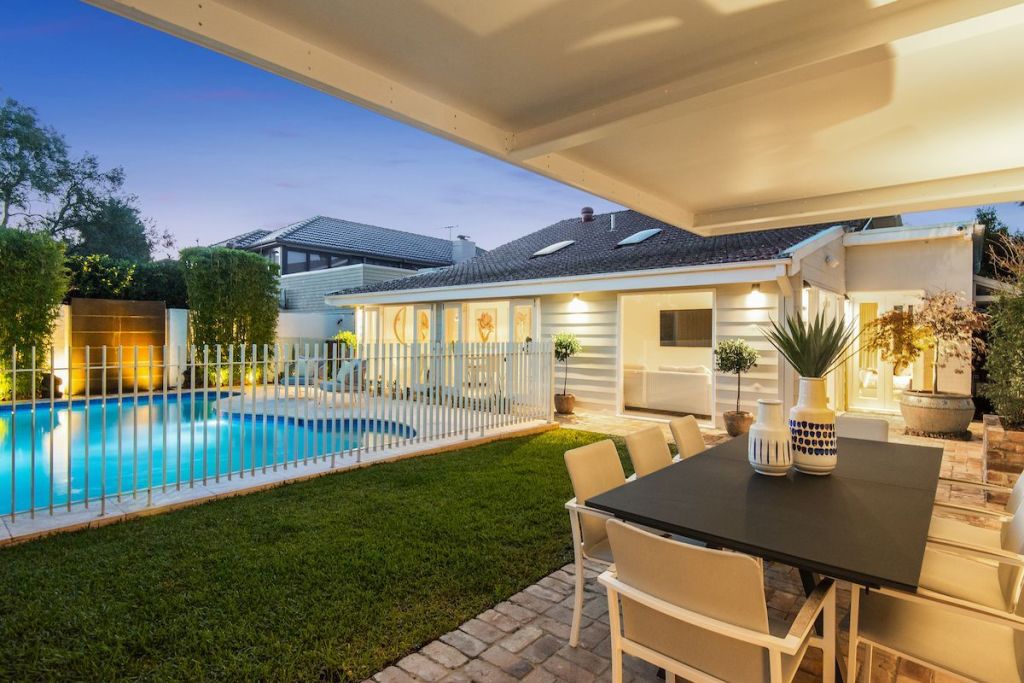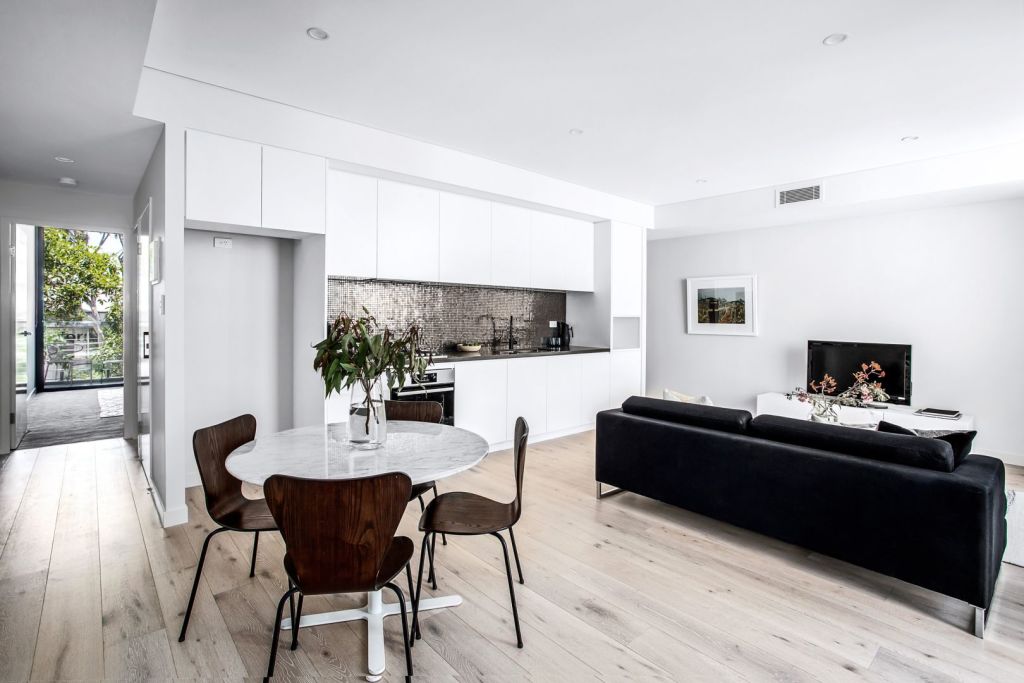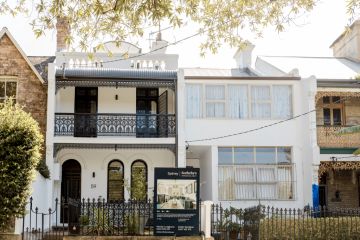What first-home buyers, upsizers and investors need to do to buy a home in 2020
Historically low interest rates, easier-to-access credit and more properties about to hit the market mean 2020 is shaping to be a bumper year for property buyers.
The holiday period offers buyers the perfect time to prepare for the year ahead and anticipate any looming potholes.
The very first obstacle for buyers is finance, warns Justin Doobov of mortgage brokers Intelligent Finance.
“Lenders are making it easier for people who are a low credit risk, but harder for anyone with a slight blemish on their credit history, or with a quirk in the way they earn money,” he said.
“While the banks are demanding a lot less paperwork now open credit reporting has come online, banks can see 24 months of someone’s history instead of maybe the six months they did previously.”
“That means people have to keep their finances clean for two years and need to tighten their belts now if they want to buy in the future.”
First-home buyers
For first home buyers, it’s essential they don’t get swept up by fear of missing out, advises Peter Kerras, sales director residential at Colliers International.
“Real estate is a long-term proposition and trying to second-guess the market is dangerous,” he said. “Instead of choosing to buy in an area that’s cool and probably paying a premium, they should be looking at areas where there’s plenty of supply so it’s possible to bag a bargain.
“When the market absorbs the current stock, those areas will also boom and show good capital growth.”
In Sydney, that means areas like St George, Gladesville, Ryde, Canterbury-Bankstown and Sutherland, he says.
In Melbourne, the best buys are close to infrastructure, on a train line and near shopping complexes, according to Warwick Brookes of Domain & Co. He said affordable small houses or townhouses in suburbs like Greensborough, Ringwood and Heathmont are good buys.
“They tend to perform well and promise growth for the future,” he said. “For apartments, I’d stick to the inner east and preferably go for older apartments.”

Property economist and former valuer Anna Porter, the founder of Suburbanite, also counsels first-time buyers not to panic.
“With more stock coming into the market, demand and supply will rebalance, so they could always rent for another year until prices reach a more comfortable level.”
First-home buyers could also look at ‘rentvesting’ as a strategy, she said. This means investing in more affordable markets and renting where they’d like to live.
“It’s a great way of getting into the market when they don’t have the budget to buy their dream home,” she said. “All the time, their investment is working to build up their deposit power.”
The new First Home Loan Deposit Scheme, which allows buyers to secure a loan with a deposit of just five per cent, is also likely to help buyers and stimulate the lower end of the property market, contends Peter Kelaher, managing director of PK Property Search and Negotiators.
“Now is a good time for them to lock in a good rate of interest and get organised so they’re not on the back foot when the market starts again in February,” he said. “It’ll be a little bit easier then too with more volume of stock, and they’ll feel more comfortable about the market.”
But any difficulties with raising finance need to be taken into account, says Doobov. Banks often scrutinise personal expenses much more closely for first-home buyers.
It’s all very well promising you’ll eat less cafe avo on toast once you’ve bought that first home, but lenders are likely to regard you much more favourably if you cut back on spending sooner rather than later – and aren’t buying new TVs and phones using Afterpay.
“If you can’t afford to buy such items outright, then maybe you’re not good at budgeting,” Doobov said. “These are all micro-signs they look at when assessing credit.”
“Also, making sure you have pre-approval is very important. We have people come to us saying they were approved six months or a year ago, but lenders have tightened up since then. Buyers need to have pre-approval subject to valuation.”
Upsizers
In this turbulent marketplace, it’s never been more important to sell your own home before you buy something more expensive, advises Doobov.
If you don’t, and end up being offered less than you imagined, you could turn into a desperate seller – too financially stressed with your new home to hold out for a fair price for the old.
“While some lenders are giving 90 per cent loans, that only tends to be to people who are on stable good incomes in professions like the law,” Doobov said. “For other people, they might delve into all parts of their lives, and open up a can of worms.”

But on the plus side, the upper end of the market in many areas has come off the price boil by more than the middle range and lower levels, says Kelaher. “So they’ll get a bit more off their new home than they’ll receive for their existing property.”
Staying put and renovating could also be an attractive option, suggests Porter. “It’s important home owners drill down rigorously into the costs of renovation and construction and then compare them to the costs of selling and buying with agent fees and stamp duty. They might find staying with an existing property a better option.”
Investors
There’s never been a better time to buy an investment property, says Kerras, with interest rates lower than yields in many areas, and new property ending up similarly priced to older homes because of a lack of confidence in new developments, thanks to a series of high profile building defects, particularly in Sydney.
“That’s the first time I’ve seen cash flow-positive in all the years I’ve been in real estate,” he said. “In areas with a little bit of saturation of supply of new property, they can also lock in a long-term tenant and, with less development being approved by councils in the future, rents will improve, and you’ll have all the advantages of a new home for a lower price.”
Kelaher agrees. “With negative gearing here to stay and lower interest rates, investors have been coming back into the market like wildfire,” he said. “For them, 2020 feels much more positive than 2019.”

Investors should cast their net wide, advocates Porter. Sydney and Melbourne, for instance, aren’t offering the best yields and capital growth. “Investors need to think about getting into more affordable markets and ones that are being driven by infrastructure, migration, population growth and employment growth,” she said.
“Canberra and Adelaide, for instance, have better growth profiles with thousands of new jobs coming in.”
Yet banks are now reluctant to lend as much as they once did for investment properties. “They also never used to take into account holding costs – things like strata fees with apartments and water rates – but now they do,” Doobov said.
“And every bill received should be paid immediately. If you wait for the reminder, that means payment is overdue, and that could be another black mark.”
We recommend
States
Capital Cities
Capital Cities - Rentals
Popular Areas
Allhomes
More







